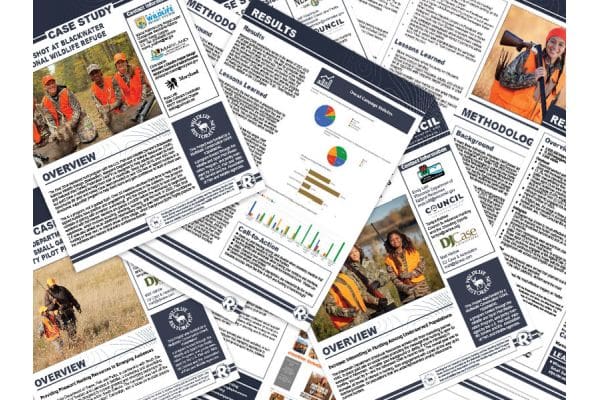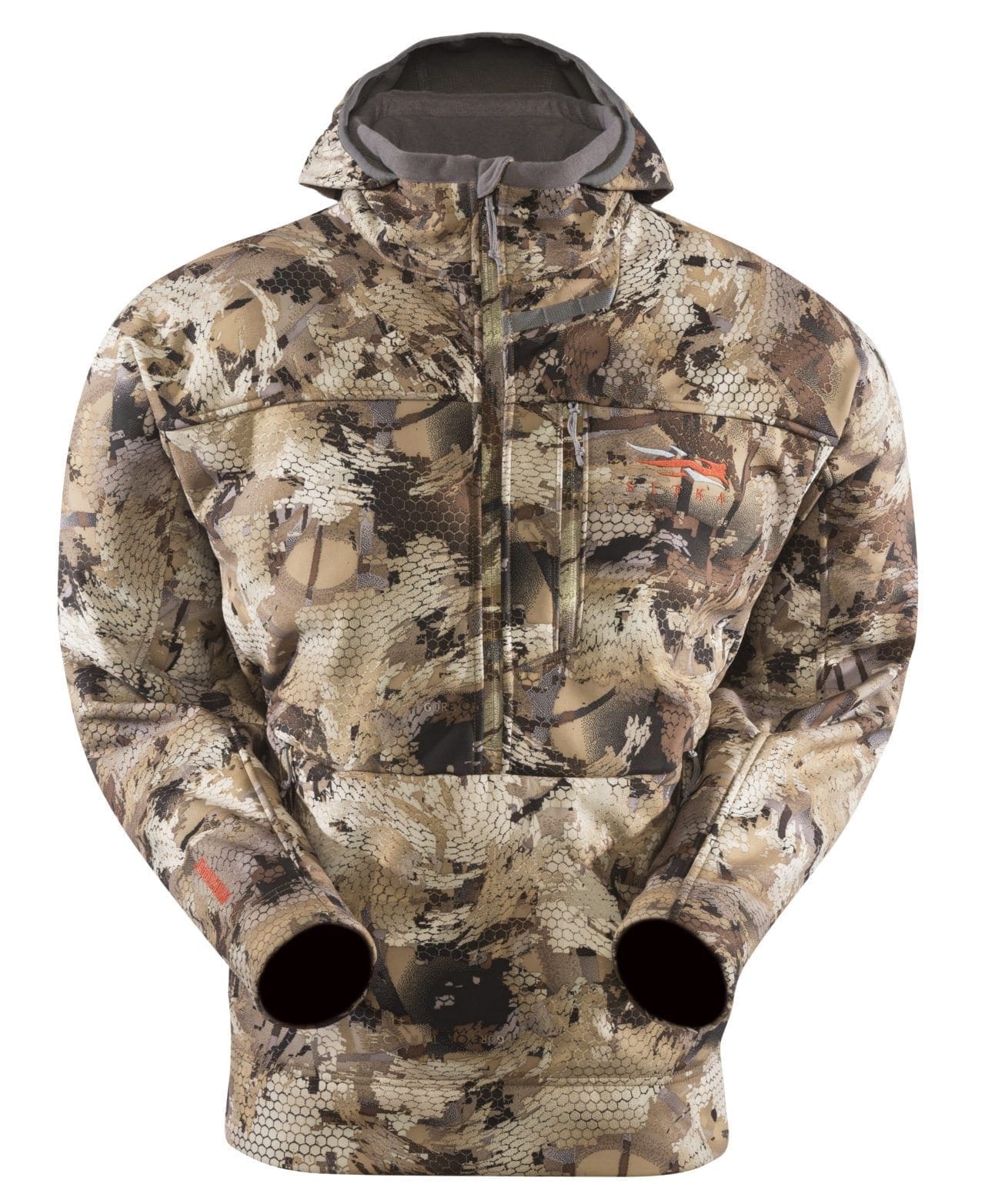R3 Case Studies: Driving Participation in Hunting and Shooting Sports

Washington, D.C. – With nearly a dozen recruitment, retention, and reactivation (R3) case studies officially released, the Council to Advance Hunting and the Shooting Sports (Council) hopes the series proves beneficial to R3 practitioners and stakeholders alike.
Each case study offers an opportunity to delve into the assessment, background, results, observations, lessons learned, and future plans for the initiative.
New case studies are distributed biweekly and will continue to run through 2024. Stay current with new releases by logging into the R3 Community every other Thursday and participating in the discussions.
Here’s a recap of the first releases in the series:
- Florida Fish and Wildlife Conservation Commission’s Palm Beach County Shooting Sports Complex: Designed to meet the increasing demand for public shooting sports facilities, Florida’s Palm Beach Shooting Sports Complex is a collaborative effort aimed at providing a safe and educational space for learning about responsible hunting and target shooting. Download the case study here.
- Georgia R3 Initiative – Academics Afield Program: Led by the Georgia Wildlife Federation, the Academics Afield program seeks to establish a collegiate hunting community at selected colleges or universities, offering skills, knowledge, and connections to local support networks. Download the case study here.
- Ohio Division of Wildlife Mobile Kitchen, Wild Game Preparation, and Outreach: The Wild Ohio Harvest Community program aims to enhance public support for conservation and wildlife recreation by fostering inclusive social environments through initiatives like the Mobile Kitchen. Download the case study here.
- Illinois Learn to Hunt Program: Launched in 2016, the Illinois Learn to Hunt program educates adults interested in hunting, employing a data-driven approach to adapt and expand over its initial five years. Download the case study here.
- MAFWA Small Game Diversity and Inclusion Marketing Toolkit: In a collaborative effort, MAFWA conducted research to understand the hunting motivations and barriers faced by Black, Hispanic, and female individuals, examining how photography can enhance outreach efforts. Download the case study here.
- Iowa Department of Natural Resources Small Game Hunting and Diversity Pilot Program: Targeting women as the ideal audience, the Iowa Department of Natural Resources addressed barriers to promoting hunting through focus groups and the Small Game Hunting Diversity Toolkit. Download the case study here.
- Kentucky Department of Fish and Wildlife Small Game Hunting Diversity Pilot Program: Targeting African American families, Kentucky’s initiative utilized the Small Game Hunting Diversity Toolkit, social media and radio platforms to promote squirrel hunting as a communal experience. Download the case study here.
- South Dakota Department of Game, Fish and Parks Small Game Hunting Diversity Pilot Program: Emphasizing accessibility, South Dakota’s campaign utilized the MAFWA Small Game Diversity and Inclusion Toolkit and targeted in-state populations, particularly engaging female hunters aged 35-44 and families. Download the case study here.
- Nebraska Game and Parks Commission Small Game Hunting Diversity Pilot Program: Addressing the state’s growing Hispanic population, Nebraska Game and Parks Commission utilized the MAFWA Small Game Diversity and Inclusion Toolkit to increase engagement through bilingual ads. Download the case study here.
- Wisconsin Department of Natural Resources Small Game Hunting Diversity Pilot Program: Collaborating with KW2, Wisconsin’s initiative utilized the MAFWA Small Game Diversity and Inclusion Toolkit and aimed to boost interest in hunting across demographics, advocating the inclusivity of hunting in the state. Download the case study here.
- First Shot at Blackwater National Wildlife Refuge: This mentored hunt program supports adults interested in hunting by providing structured mentorship and opportunities for learning. Download the case study here.
These case studies not only offer insights into successful R3 initiatives but also serve as a testament to the commitment towards fostering diversity and inclusion in hunting and shooting sports.
If you have a project you wish to develop with the Council and share with the community, please reach out to the Council’s Operations Specialist, Amanda Pitman, at (210) 379-2166 or via email at amanda@cahss.org.

